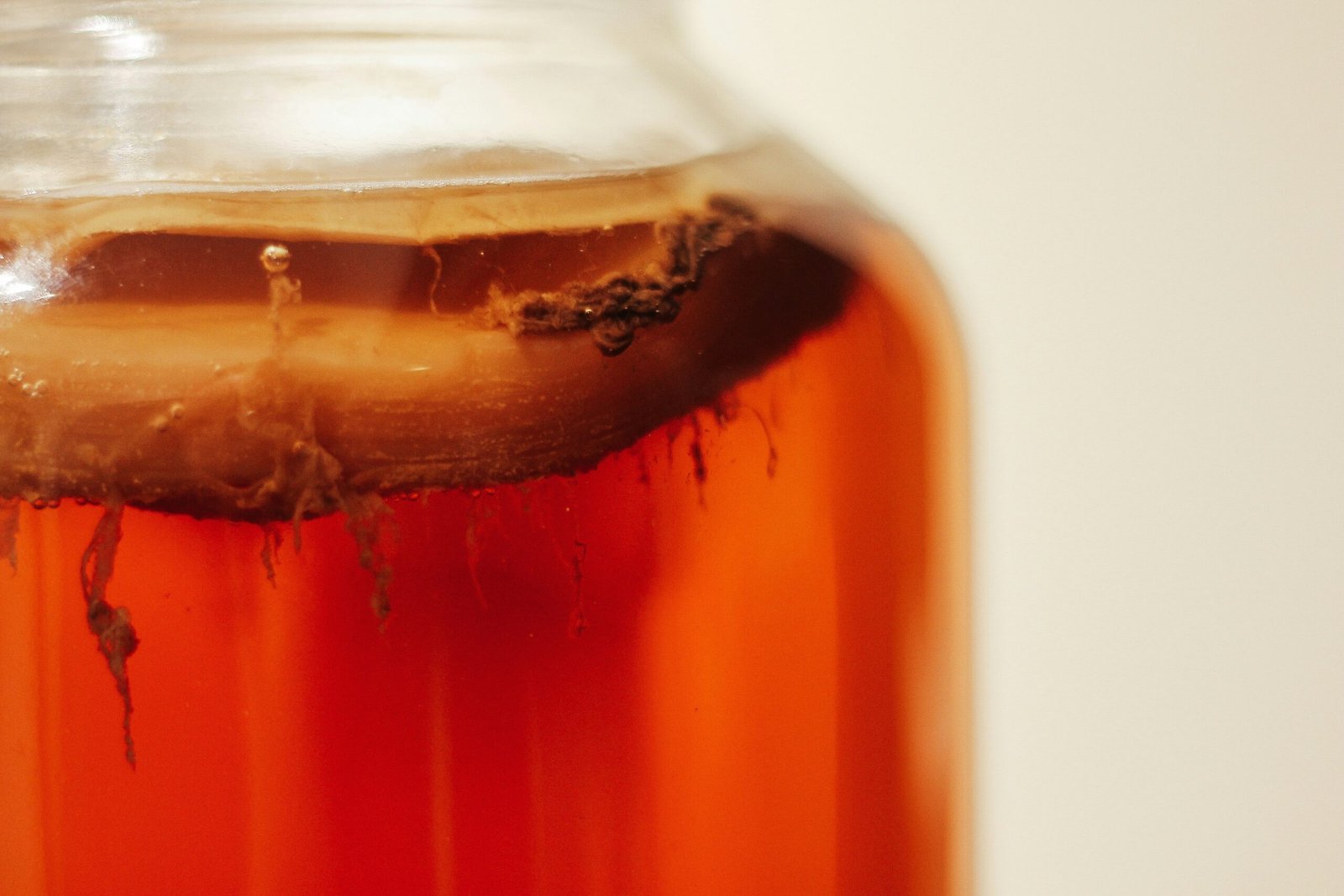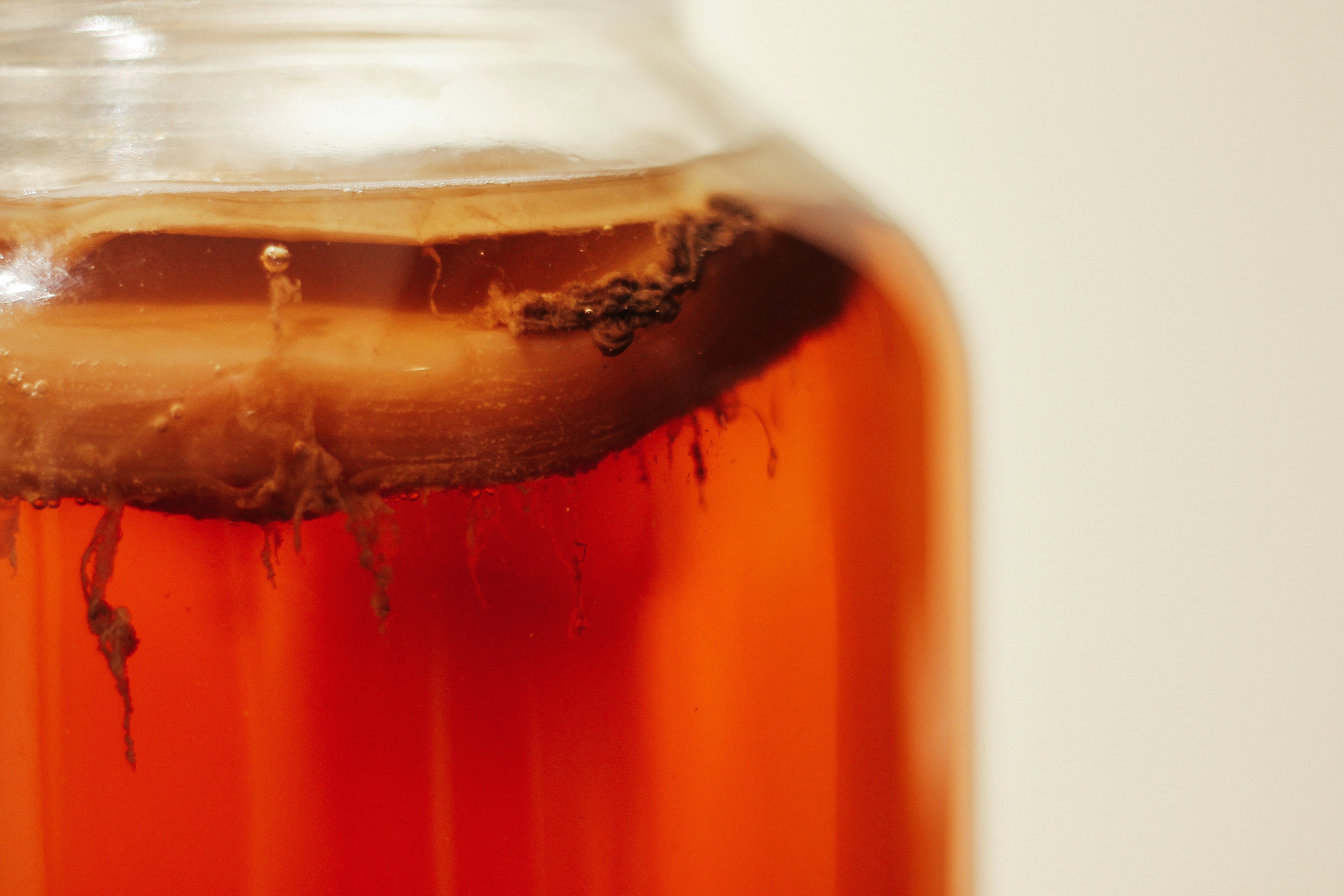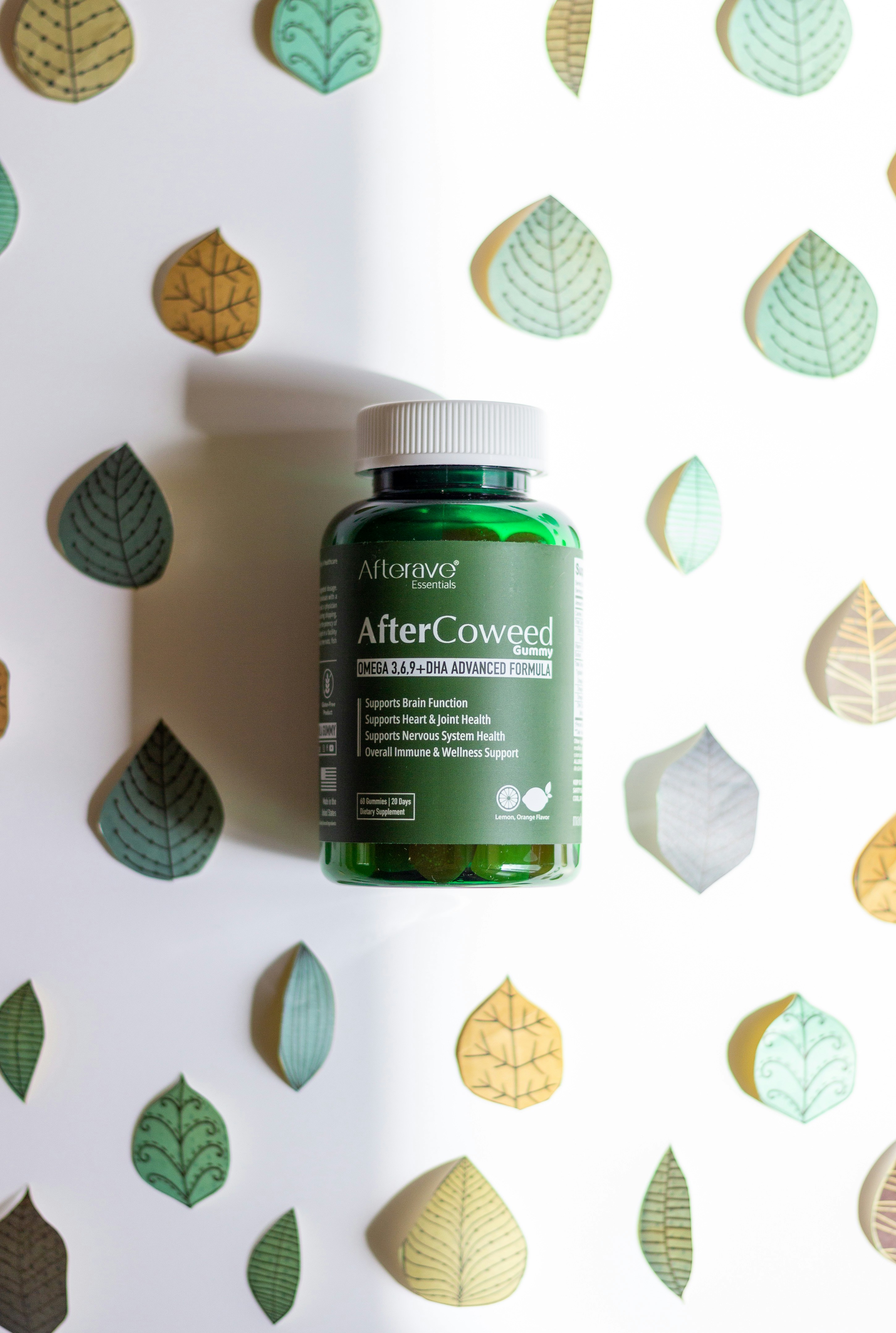Is there a secret to balancing gut health while adhering to a low-oxalate diet? If improving your gut health has often felt like navigating a maze, especially when coupled with dietary restrictions, you’re certainly not alone. The world of dietary guidelines can seem like an overwhelming place, with terms like “low-oxalate” adding to the complexity. Let’s break it down together.
Understanding Oxalates
What Are Oxalates?
To put it simply, oxalates are natural compounds found in many foods. They’re also produced as waste products in your body. While oxalates are typically harmless, they can pose issues when they bind with certain minerals, forming crystals which might contribute to kidney stones in some individuals.
The Low-Oxalate Diet: An Overview
Adhering to a low-oxalate diet means limiting your intake of foods high in oxalates, which could be beneficial for individuals prone to kidney stones. This dietary adjustment requires careful attention and strategic changes to your daily food choices.
The Gut: Your Inner Ecosystem
Why Gut Health Is Crucial
Your gut is more than just a food processing plant. It’s a thriving ecosystem that plays a pivotal role in digestion, immunity, and even mental health. Achieving gut balance can lead to improved energy levels, better mood, and a stronger immune system.
Signs Your Gut Needs a Little TLC
Sometimes, signs that your gut’s out of whack can be straightforward, like digestive woes, but other times they might be less so, like fatigue or skin issues. Recognizing these signals can encourage you to prioritize gut health.
Balancing Your Gut on a Low-Oxalate Diet
Finding the Right Foods
Balancing gut health while managing oxalate intake requires a bit of detective work. You’ll be seeking out foods that are low in oxalates but also beneficial for your gut. Think less spinach and almonds, more of foods like chicken, eggs, and white rice, which tend to be lower in oxalates.
Here’s a starting point:
| Low-Oxalate Foods | Oxalate Level (mg) |
|---|---|
| Chicken (3 oz) | ~0 |
| Eggs (1 whole) | <1 |
| White Rice (1 cup) | ~4 |
Fermented Foods: Gut’s Best Friend
Fermented foods like yogurt, kefir, and sauerkraut are powerhouses for gut health, providing probiotics that can enhance your gut flora. Luckily, many fermented foods are low in oxalates, making them a perfect addition to your diet.
Prebiotics: Feeding the Good Bacteria
Prebiotics are the fiber-rich foods that nurture your gut bacteria. Foods like bananas, oats, and asparagus are good prebiotic options, albeit you might want to opt for ripe bananas as unripe ones can have higher oxalate content.
Mindful Eating Habits
Eating With Awareness
Slowing down during meals and practicing mindful eating can significantly improve digestion. Paying attention to your body’s hunger cues and savoring your food can facilitate better nutrient absorption.
The Importance of Chewing
It may seem trivial, but thoroughly chewing your food is vital. It breaks down food particles, reducing the workload on your digestive system, allowing your stomach and gut to process nutrients more efficiently.
Lifestyle Factors Affecting Gut Health
Stress and the Gut
Stress can wreak havoc on your gut health. Practices such as meditation, deep breathing, and gentle exercise can lower stress levels, providing a more favorable environment for healthy gut flora.
Quality Sleep Matters
Just like any delicate system, your gut needs downtime to function well. Sleep gives your digestive system a chance to rest and is crucial for maintaining balance in your gut microbiome.
Hydration: The Clear Solution
Why Hydrate?
Staying hydrated is one of the simplest yet most effective ways to maintain good gut health. Water helps in the digestion of food and the elimination of waste, ensuring your gut remains in prime condition.
How Much is Enough?
Aiming for about eight cups of water daily is a good baseline, but individual needs can vary based on activity level, climate, and personal health conditions. Listen to your body’s signals to gauge your requirements.
Supplements: A Helping Hand
Probiotics and Prebiotics
Probiotic and prebiotic supplements can be helpful if dietary sources are lacking or if you need an extra boost. Different strains provide different benefits, so choosing the right one is paramount.
Calcium and Magnesium
These minerals can bind with oxalates, potentially reducing oxalate absorption. However, consult with your healthcare provider before adding these supplements to your regimen to ensure they’re appropriate for your situation.
Navigating Challenges on a Low-Oxalate and Gut-Healthy Path
Overcoming Dietary Guilt
Shifting your diet means you may feel a tinge of guilt when consuming foods you once loved. Remember, the aim is to find a balance that supports your health, and it’s alright to occasionally enjoy your favorite high-oxalate foods in moderation.
Connecting With Others
Joining support groups or forums with individuals undergoing similar dietary changes can offer encouragement and tips. Sharing experiences can enhance your journey towards better gut health.

Seeking Professional Guidance
Consulting with Dietitians
If you’re unsure about making dietary shifts, consider seeking advice from a registered dietitian who can provide personalized guidance. They can tailor a plan that meets both your low-oxalate and gut health goals.
Regular Health Check-Ups
Keeping up with health check-ups is crucial as they provide insights into how your body is responding to dietary changes. Regular monitoring helps in making necessary adjustments to maintain optimal health.
Conclusion
You may be at the beginning of your journey or making tweaks to an already established routine. Either way, maintaining gut health on a low-oxalate diet is certainly possible with informed choices and a mindful approach. With patience and persistence, you’ll find a balanced path forward that promotes both your gut health and overall well-being.





